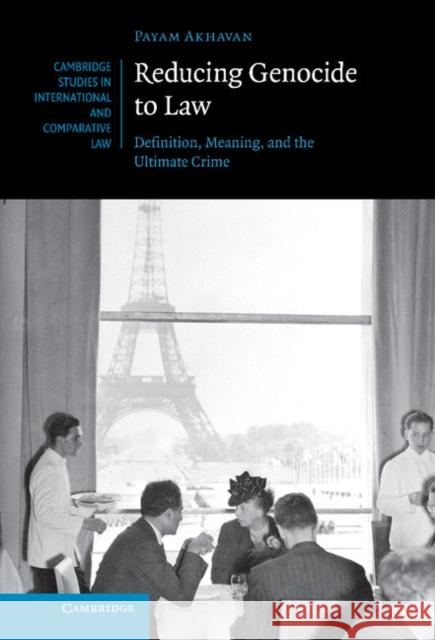Reducing Genocide to Law: Definition, Meaning, and the Ultimate Crime » książka
topmenu
Reducing Genocide to Law: Definition, Meaning, and the Ultimate Crime
ISBN-13: 9780521824415 / Angielski / Twarda / 2012 / 210 str.
Reducing Genocide to Law: Definition, Meaning, and the Ultimate Crime
ISBN-13: 9780521824415 / Angielski / Twarda / 2012 / 210 str.
cena 468,41
(netto: 446,10 VAT: 5%)
Najniższa cena z 30 dni: 413,07
(netto: 446,10 VAT: 5%)
Najniższa cena z 30 dni: 413,07
Termin realizacji zamówienia:
ok. 16-18 dni roboczych.
ok. 16-18 dni roboczych.
Darmowa dostawa!
Why is genocide the 'ultimate crime' and does this distinction make any difference in confronting evil?











